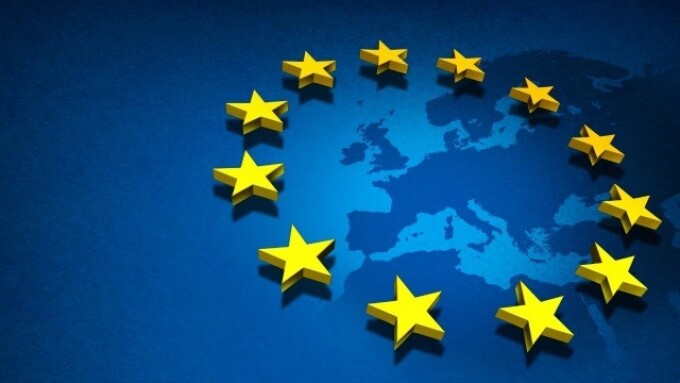STRASBOURG, France — The European Union tomorrow will vote on a set of Internet rules that will determine how millions of citizens in the 28-nation bloc will access the web.
The decision is likely to mark a new era for Europe's Internet traffic, which is expected to more than triple by 2019, according to a projection made by tech giant Cisco.
One of the aspects of the draft legislation is the establishment of “fast lanes,” which would allow ISPs to offer services, such as greater speeds, to those willing to pay for it.
The draft legislation has numerous adversaries from those advocating for Net Neutrality — the idea that all traffic on the Internet should be treated the same way.
Tech companies and advocacy groups, including Netflix, Reddit and ISP Cogent, say the bill would allow ISPs to arbitrarily slow traffic.
Tim Berners-Lee, inventor of the World Wide Web and director of the Web Foundation, believes the fast lanes would be detrimental to the Internet and the free flow of information.
"Fast lanes will make it harder for anyone who can't pay extra fees — startups, small businesses, artists and educators in Europe and around the globe — to reach Europeans online," Berners-Lee said in a release on Monday.
"If adopted as currently written, these rules will threaten innovation, free speech and privacy, and compromise Europe's ability to lead in the digital economy," Berners-Lee said.
Berners-Lee is encouraging members of Parliament to vote in favor of four amendments in order to preserve Net Neutrality, including:
- To close the loophole that allows for the creation of "fast lanes," which would make it difficult for anyone who cannot afford to pay for their traffic to be prioritized;
- To prevent ISPs from exempting certain applications from users' monthly bandwidth cap by letting individual countries create their own rules on the matter. The practice is called "zero-rating." It would give ISPs the ability to pick the winners and losers online;
- To ban ISPs from determining classes of traffic and deciding which classes to throttle, slow down and prioritize. Berners-Lee said this behavior discourages encryption, encrypted traffic is often bundled together in a single class and then throttled; and,
- To close a loophole allowing ISPs to slow down all traffic, using the justification that congestion could have been impending.
In the U.S. under new rules made earlier this year, ISPs like AT&T, Verizon and Comcast are not allowed to block lawful content, slow down applications or services, or accept fees for favored treatment.
The U.S. regulations essentially provide a framework for all Internet traffic to be treated equally. To do so, the FCC has reclassified broadband in a way that places providers under the same regulations that now govern telephone networks.
The E.U. vote is slated to take place during a session in Strasbourg, France, early Tuesday morning (11:30 p.m., PDT, on Monday). It can be heard here.







